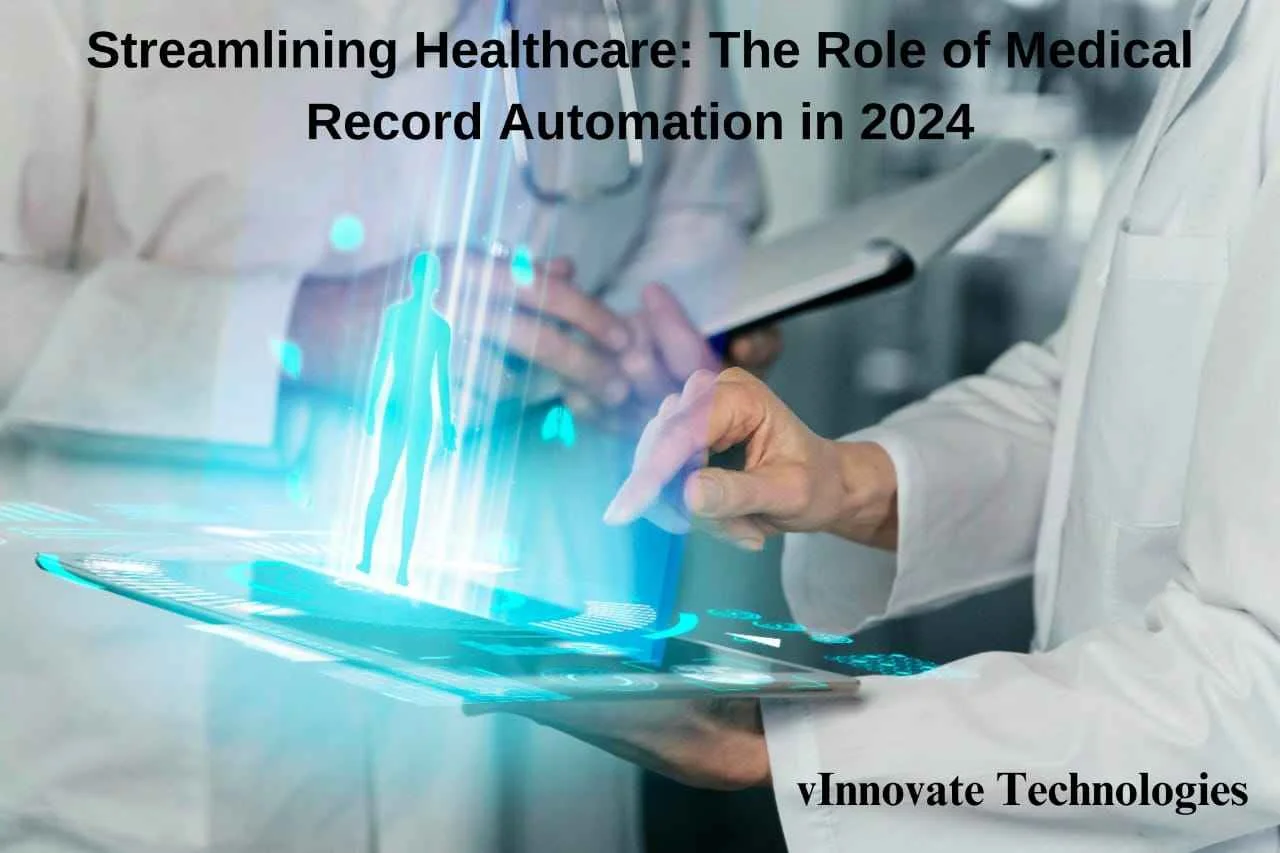The Role of Medical Record Automation In 2024

In the ever-evolving landscape of healthcare, technological advancements continue to reshape the industry, offering innovative solutions to streamline processes and enhance patient care. One such advancement making significant waves is medical record automation. In 2024, healthcare providers are increasingly turning to automation to manage and organize patient records efficiently, leading to improved outcomes and a more seamless healthcare experience for both patients and providers.
Medical Record Automation leverages cutting-edge technologies such as artificial intelligence (AI), machine learning, and advanced algorithms to digitize, organize, and analyze patient information. This automation not only eliminates the need for manual data entry but also ensures accuracy, completeness, and accessibility of medical records, even across disparate systems and healthcare facilities.
One of the key benefits of medical record automation is the optimization of workflows within healthcare settings. By automating repetitive tasks such as data entry, documentation, and coding, healthcare providers can allocate more time and resources to patient care. This efficiency not only reduces administrative burdens but also minimizes the risk of human error, ultimately leading to improved patient outcomes.
Furthermore, medical record automation facilitates better collaboration and communication among healthcare teams. With centralized, easily accessible electronic health record(EHR's) care providers can quickly retrieve patient information, coordinate treatment plans, and make informed decisions in real-time. This seamless exchange of information fosters a more integrated approach to patient care, ensuring that all members of the healthcare team are aligned and informed.
In addition to enhancing clinical workflows, medical record automation plays a crucial role in advancing healthcare analytics and research. By harnessing the power of AI and machine learning algorithms, providers can analyze vast amounts of patient data to identify patterns, trends, and insights that can inform personalized treatment strategies and improve population health outcomes. This data-driven approach not only enables proactive interventions but also contributes to the ongoing advancement of medical knowledge and innovation.
As we continue to navigate the complexities of modern healthcare, medical record automation stands out as a transformative tool for healthcare providers in 2024 and beyond. By streamlining workflows, facilitating collaboration, and unlocking valuable insights, automation empowers providers to deliver high-quality, patient-centered care in an increasingly digitized world. Embracing these technological advancements is not just about staying ahead; it's about revolutionizing the way we deliver healthcare for the better.
